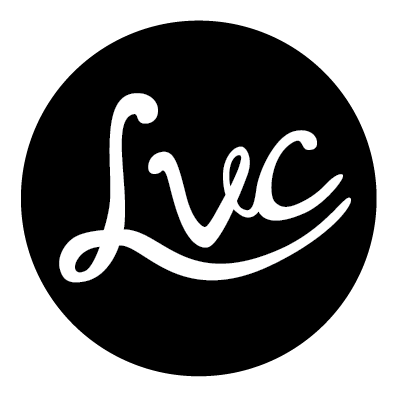How to nail your SEO strategy in 2021
In the digital marketing world, search engine optimisation, or SEO, has been around since the get-go.
But even in 2021, many brands are still asking: How on earth do I increase my ranking in Google?!
So much of an effective SEO strategy is built on understanding the basics and being patient. Get the fundamentals right, put in the effort, and over time you’ll see your visibility in search engines flourish.
To that end, we’ve put together this handy guide to laying the groundwork for SEO success in 2021.
The building blocks of SEO
Before we get into the how, let’s look at the what – the four most important building blocks of SEO:
Strategy: Like anything in digital marketing, an SEO strategy starts with understanding the business, our targets and what we’re trying to achieve.
Content: This includes both onsite content (like blogs, articles, case studies and landing pages) and offsite content (like press releases, external blogs and any other external content pointing to the website).
Technical elements: This covers on-site metadata and other technical elements that ensure search engines can crawl the website, as well as how it’s indexed by search engine robots.
Keywords: Keyword research allows us to cluster and map relevant search terms to different areas of the website.
How to build an SEO strategy that gets results
Now we’ve covered the basic elements, here are our top five top tips for developing a rock-solid SEO strategy.
1. Understand search intent
A critical first step is to uncover what people are looking for online. This isn’t just keywords but also questions, trends and anything relevant to what your target audience is searching for.
At LVC, we use tools like Google Trends and SEMRush to understand search intent and behaviours, which helps us tailor our strategy to the user – a hugely important aspect of SEO.
2. Nail the website user experience
A website should be built for people, not search engines. This means it needs to be clearly designed with intuitive navigation. Think of it like a store: is it easy for people to find what they need? Are you providing helpful information?
The more user-friendly your website is, the longer people will stick around and the more likely they’ll be to convert. Providing a great user experience isn’t just beneficial for humans but for SEO as well, because search engines use ‘time on site’ and other related factors to determine a website's ‘health’.
3. Tidy up your metadata
Metadata provides information about your website to search engines and people. There are three main types of metadata to focus on:
Title tag: This is the title that appears for a webpage in search results and at the top of the browser. Stick to 60 characters or less for title tags and focus on your keywords and brand. A good format to use is:
Page Keyphrase | Your Brand Name
Meta description: This is the description underneath the title in search results. It gives people a reason to click on your webpage, so it needs to be concise and compelling. Here’s an example from our own homepage:
We're Little Village Creative. The always adaptable marketing agency you never knew you needed.
Image alt text: Alt text is a text alternative to images, which is displayed if the image on a page doesn’t load or is read by a screen-reader. It also tells search engines what an image represents. Aim for text that’s descriptive and factual – avoid the temptation to stuff in as many keywords as possible!
4. Check Google Search Console regularly
Don’t have a Google Search Console account? Get one ASAP! It’s super important for maintaining your website and offers loads of useful information about your website crawl-ability, page speed, errors and much more – all the technical aspects that impact your ranking on Google. It can also be integrated with Google Analytics, so you can get traffic and performance data in one dashboard.
5. Build your brand externally
Once you’re confident your website is nicely optimised and functioning well, start thinking about how you can generate quality links back to your website. This might be through working with bloggers, business partnerships, PR or news publications.
Keep in mind there are a lot of companies out there offering links to your website, but spammy links can actually harm your SEO efforts. The ultimate goal here is to grow your brand credibility through relevant, trustworthy websites. Make sure you go about it the right way.
Need a hand with your SEO strategy in 2021? We’d love to help. Get in touch for a chat.



